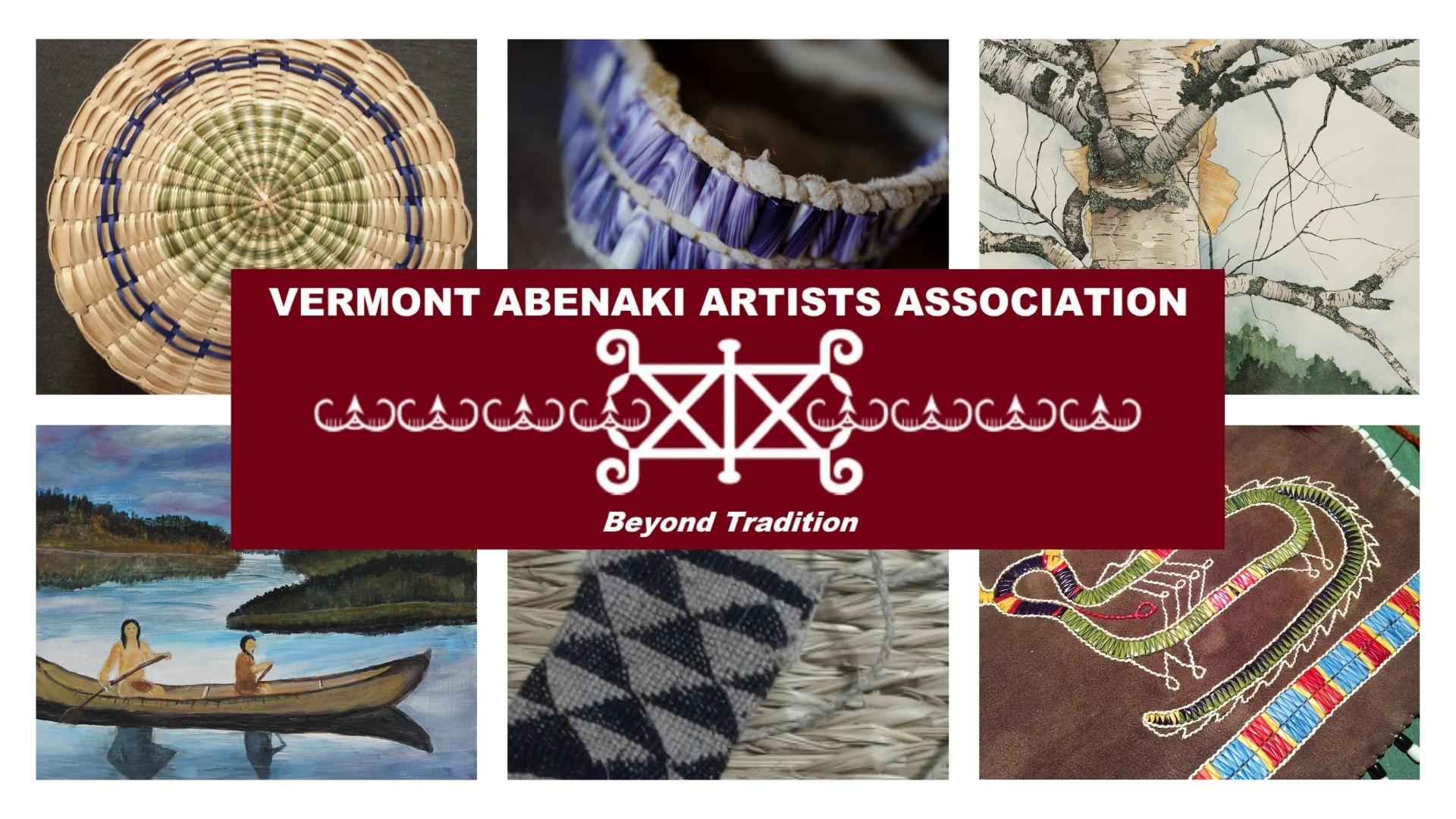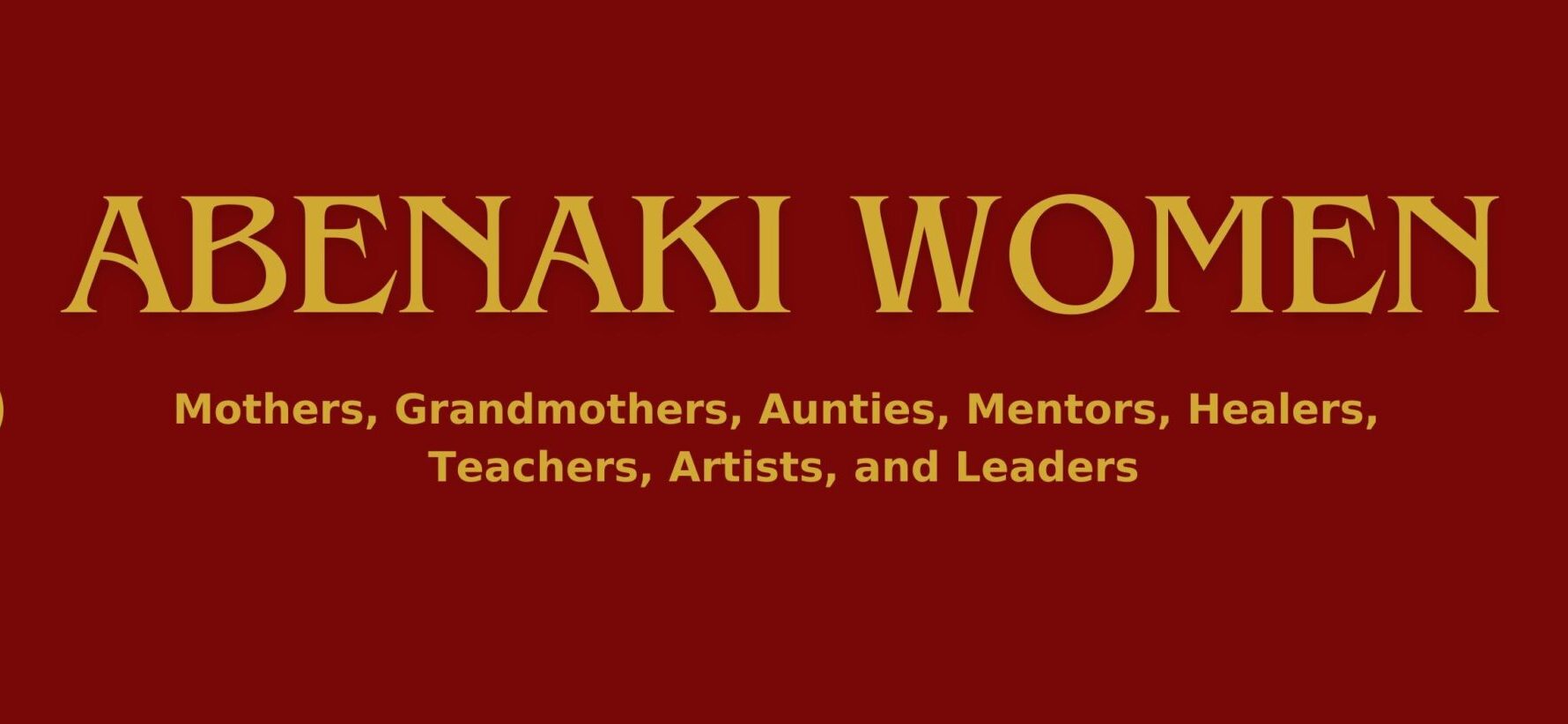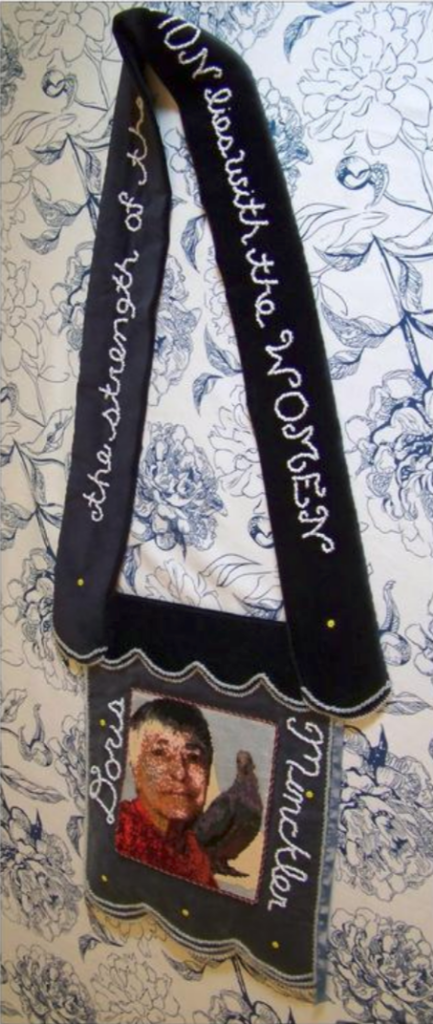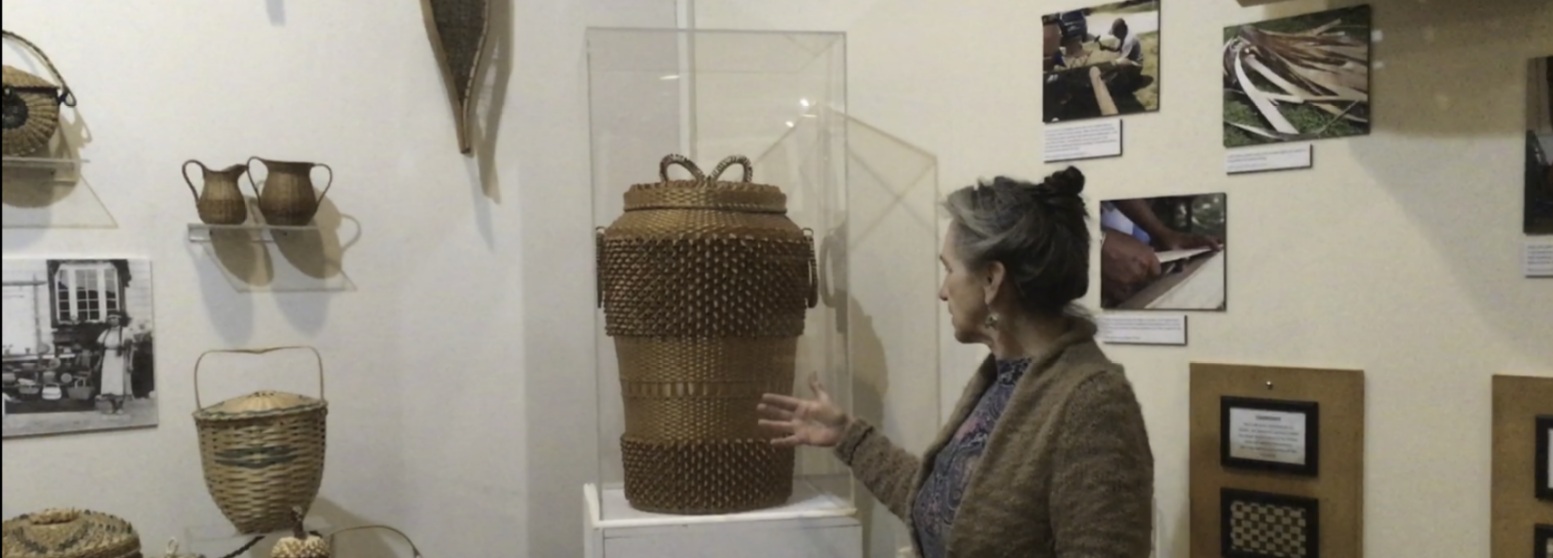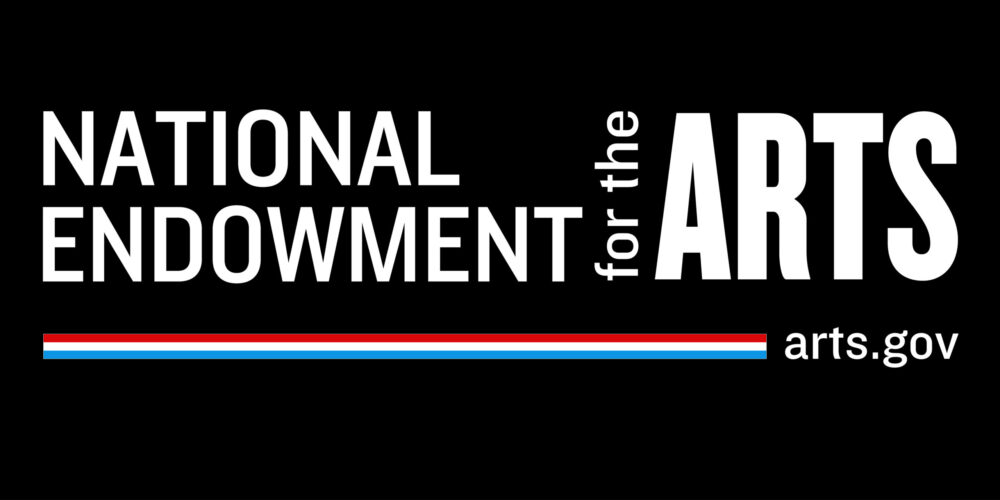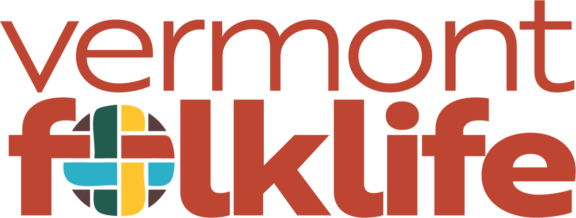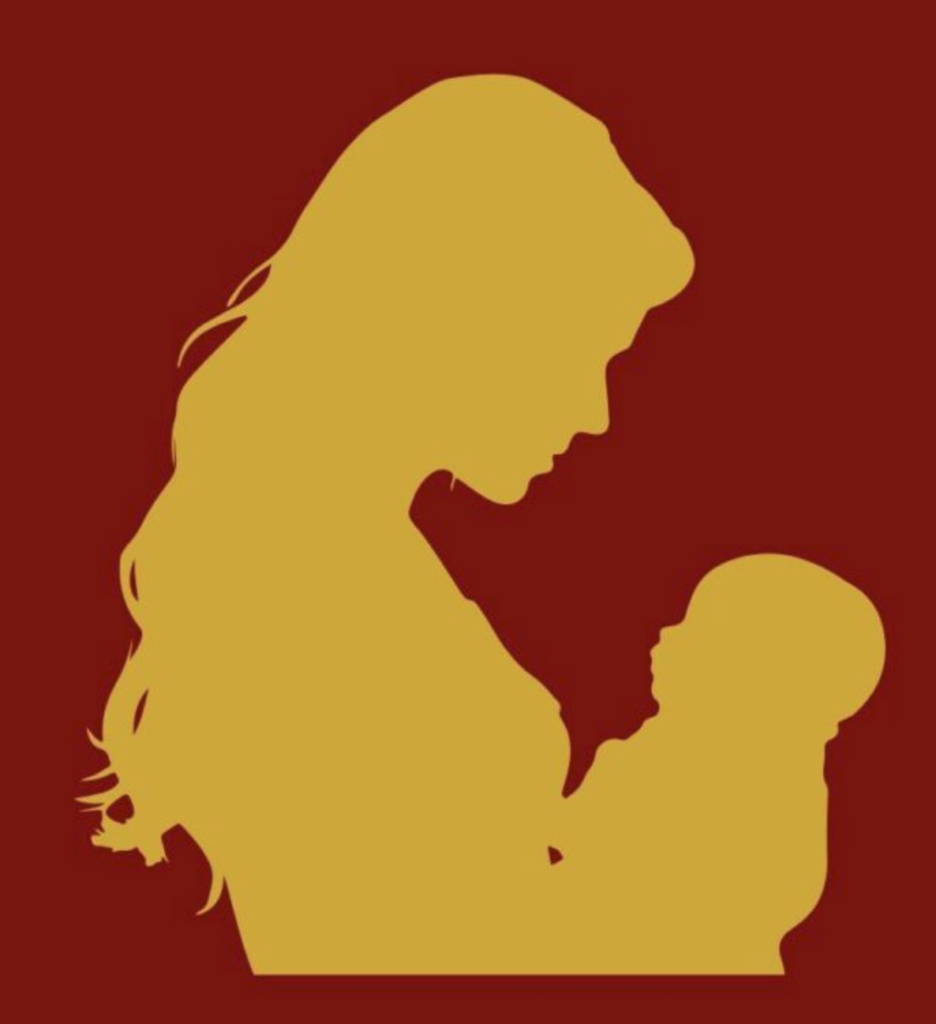Welcome to the official blog for ‘Alnôbakskwak: Abenaki Women Leading the Way.’ We’re excited to have you with us as we uncover, preserve, and share some vital stories of Abenaki women. Whether you’re here for history, inspiration, or to follow our progress, we’re glad you’ve joined us!
What happens to a community when its stories are no longer passed down? And what if those stories held the key to reclaiming lost traditions and leadership?
Long before colonization reshaped Native American society, Abenaki women were healers, and storytellers who served their community in various capacities as culture bearers and leaders. Their knowledge ensured the survival of their communities. Yet somehow that changed when colonial cultures placed a higher value on men than women and forced New England Indians to follow French and English gender roles where women had little power and autonomy.
How do we rediscover and honor these roles today?
Local Native American cultural traditions suggest possibilities for change and reclaiming her lost story. Oral tradition and storytelling are traditional ways to pass information from one generation to the next.
Why does this project matter?
At a time when many Indigenous communities around the world are reclaiming traditions and leadership roles, Abenaki women’s stories offer insight into both the challenges of the past and possibilities for the future.
Stories have power—and they risk being lost if we don’t collect them now. The stories we are gathering will inform an upcoming exhibit that isn’t just a reflection of the past—it’s a call to action for the future of Abenaki culture.
What can I expect from this blog?
This blog will take you behind the scenes of our journey as we build a new exhibition that explores the vital, yet often overlooked, roles of Abenaki women as culture bearers, leaders, and mothers. You’ll notice our posts reflect the voices of everyone involved—sometimes reflective, other times informative, and always filled with passion for sharing Abenaki culture.
We will share updates on our research, insights/snippets from our first interviews, highlights on artifacts that inspired us, and reflections from the people shaping this project. You’ll also get a glimpse of what goes on behind the scenes as we develop the exhibit.
Stay with us as we explore what it means to reclaim heritage and leadership in the modern world.
Get Involved
If this story speaks to you, share it with your community. The more people who engage with these narratives, the more powerful they become. Follow VAAA on Facebook and email us to sign up to our mailing list (please mention the email list in the subject) for updates and the announcement of our opening event in 2026.
Partners and Supporters
We are grateful to our longtime partners, the Vermont Folklife Center and Lake Champlain Maritime Museum whose expertise has helped to sustain Abenaki cultural preservation activities for decades, and help make our work possible.
The Abenaki Storytelling Project, developed by the Vermont Abenaki Artists Association, Abenaki Arts and Education Center, and Waolôwzi Health and Wellness Program is supported in part by the National Endowment for the Arts and the Vermont Department of Health.
Contact Us
Reach out through our contact page if you have questions or stories to share!
